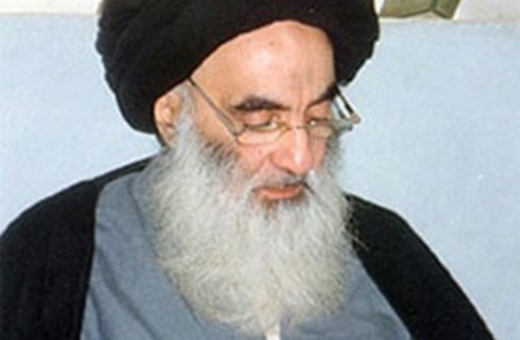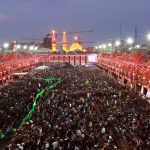Al-Sayyid Ali Al-Husseini Al-Sistani
Grand Ayatullah Sayyid Ali Husaini Sistani was born on 9th Rabi Al-Awwal 1349 A.H. in the holy city of Mashhad. He was named Ali after his grandfather. For more than half a century, the school of the late Grand Ayatullah Imam Abul-Qassim al-Khu’i has been an undepletable spring that enriched Islamic thought and knowledge. From his school graduated dozens of jurists, clergymen, and dignitaries who took it upon themselves to continue his ideological path which was full of achievements and sacrifices in the service of the faith, knowledge, and society. Among those are outstanding professors of parochial schools, specially...
Read More






